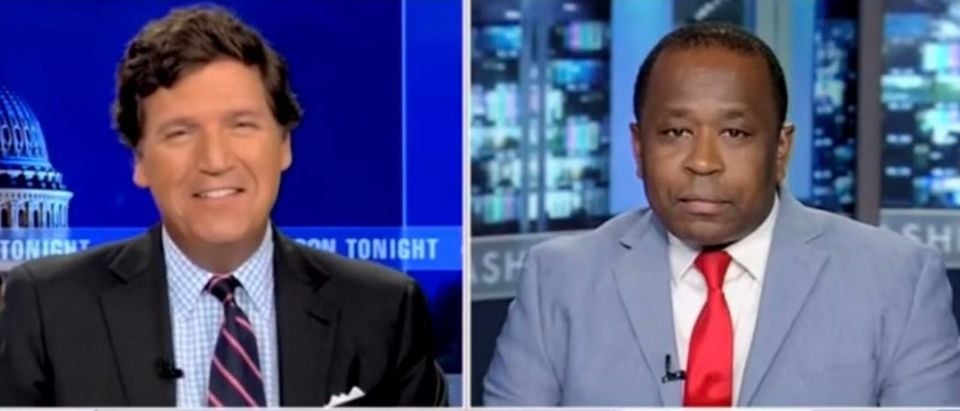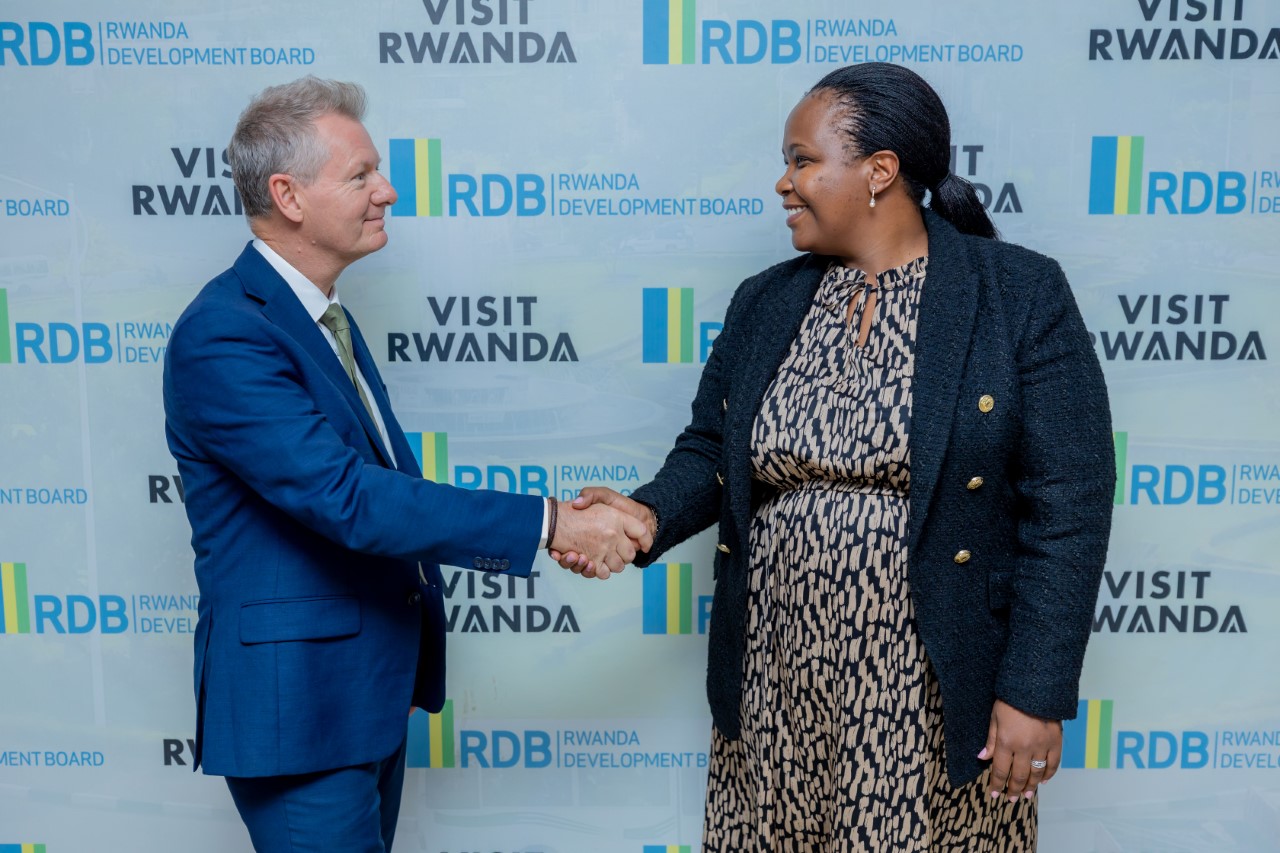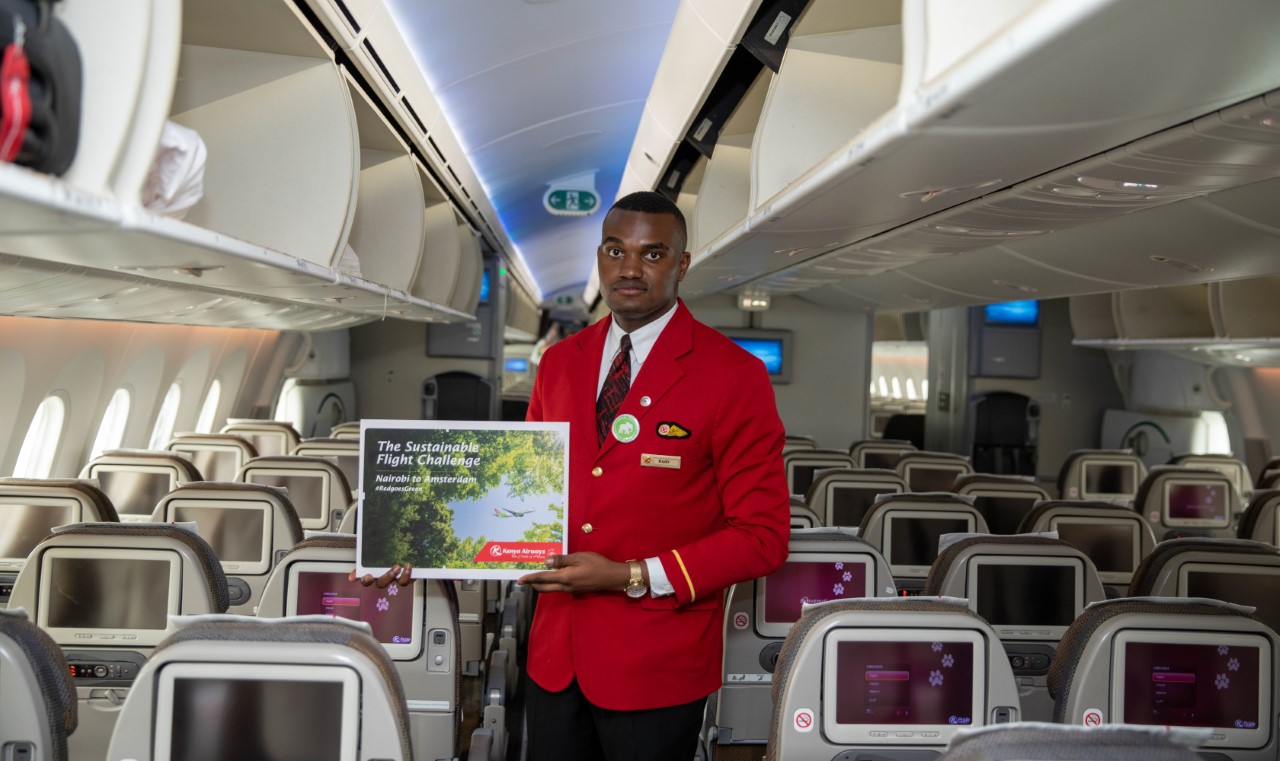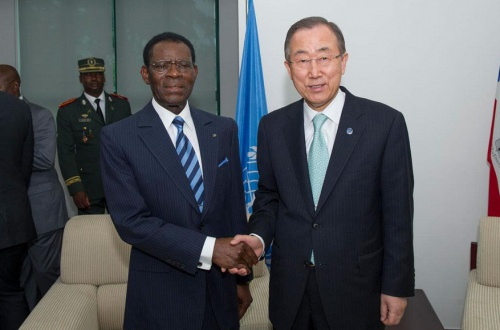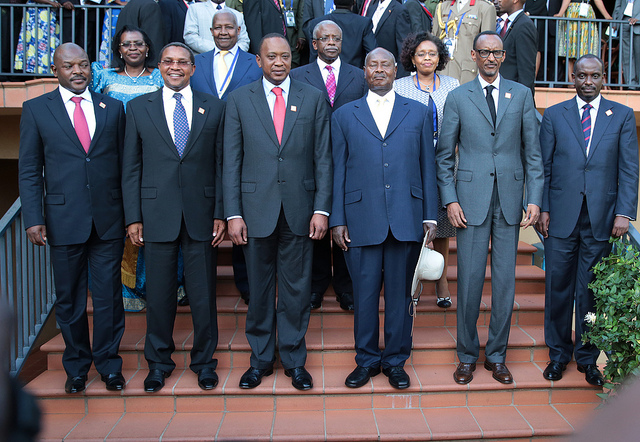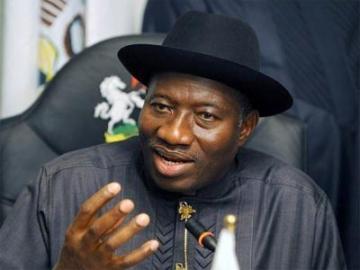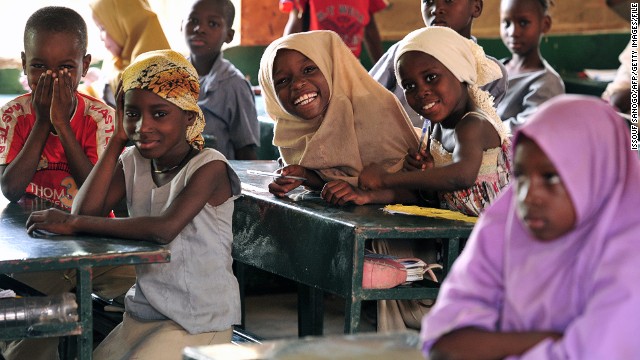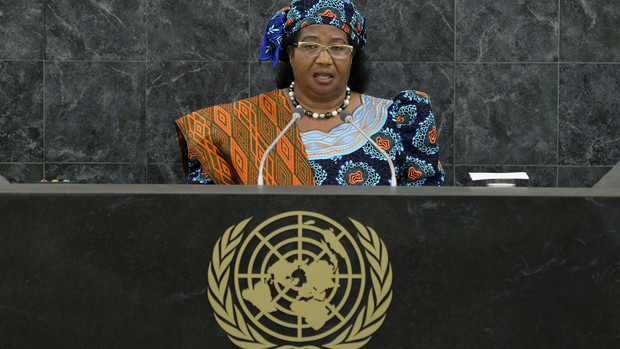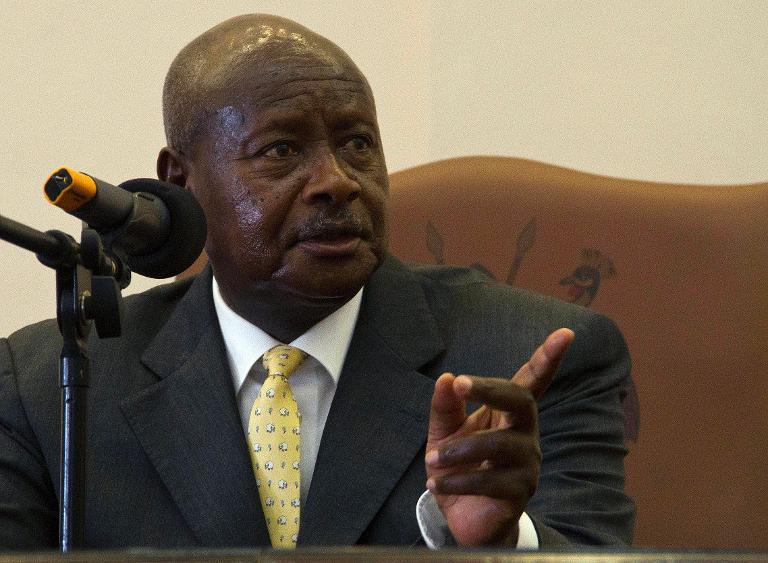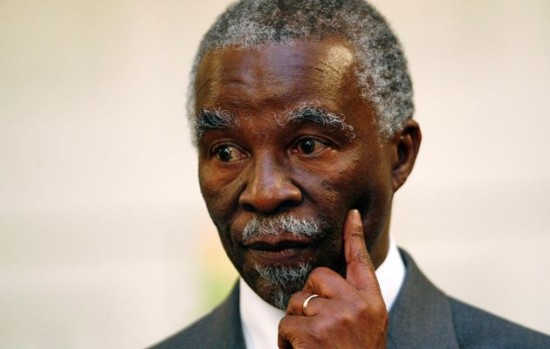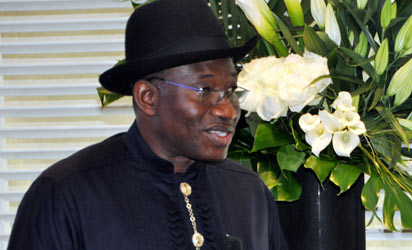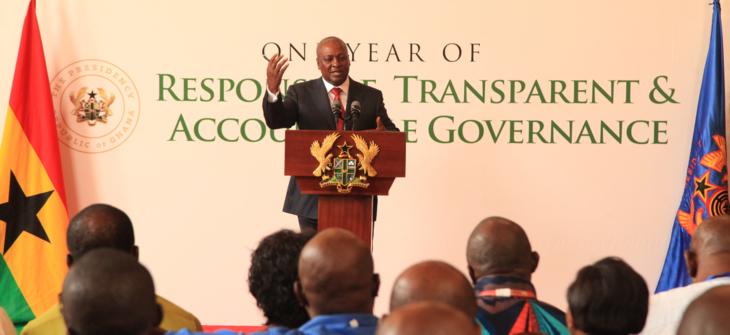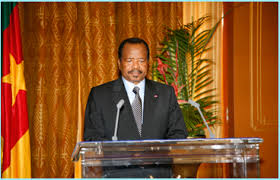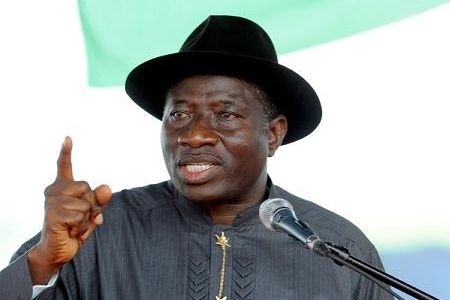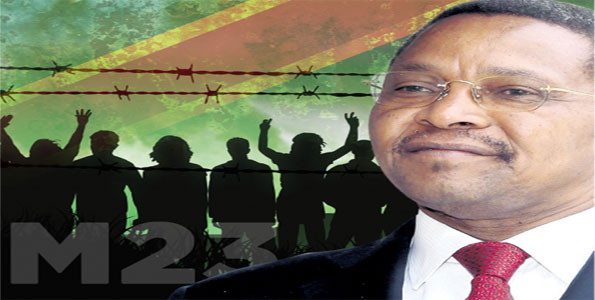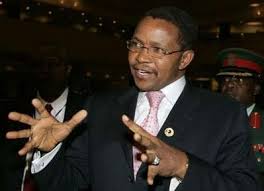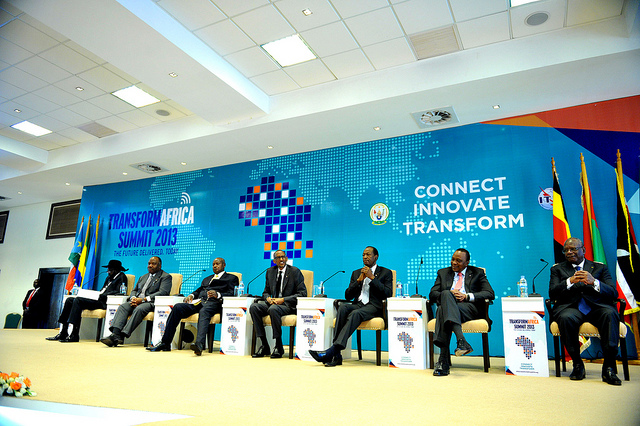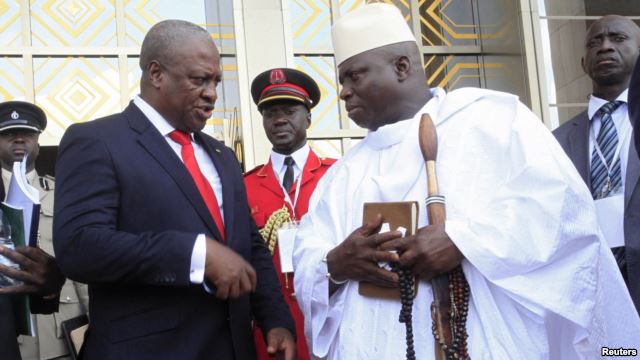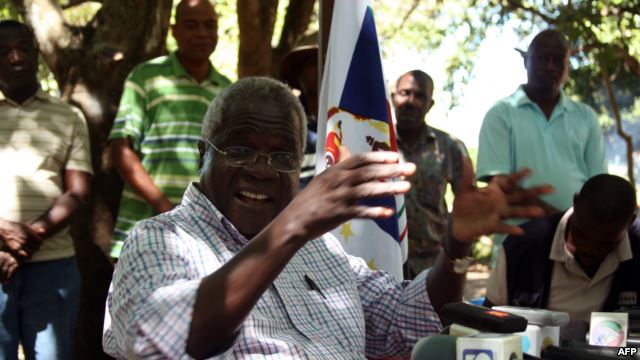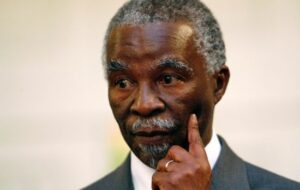We will not Sell-Out by Phasing Out: African Negotiators Urged to Fight for Africa
For 2024: Should Africa De-Link From The West To Settle The Past Injustices?
The Shadow Masters: Cabals and the Whispered Governance of Nigeria
- Algeria
- Angola
- Benin
- Botswana
- Burkina Faso
- Burundi
- Cameroon
- Cape Verde
- Central African Republic
- Chad
- Comoros
- Congo Brazaville
- Congo RDC
- COTE D'IVOIRE
- Djibouti
- Egypt
- Equatorial Guinea
- Eritrea
- Ethiopia
- Gabon
- Gambia
- Ghana
- Guinea
- Guinea Bissau
- KENYA
- LESOTHO
- LIBERIA
- LIBYA
- MADASGAR
- MALAWI
- MALI
- MAURITANIA
- MAURITIUS
- MOROCCO
- MOZAMBIQUE
- NAMIBIA
- NIGER
- NIGERIA
- RWANDA
- SAHARAWI
- SAO TOME
- SENEGAL
- SIERRA LEONE
- SOMALIA
- SOUTH AFRICA
- SOUTH SUDAN
- SUDAN
- SWAZILAND
- TANZANIA
- TOGO
- TUNUSIA
- UGANDA
- ZAMBIA
- ZIMBABWE

